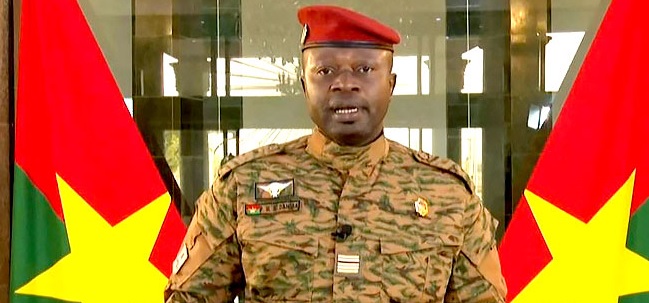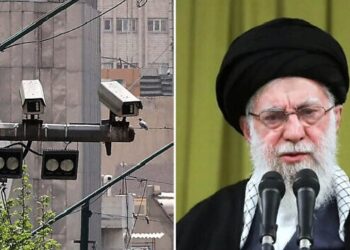By John Ikani
The African Union (AU) has suspended Burkina Faso from all its activities within the continental organisation, following the January 24 coup that ousted President Roch Marc Christian Kaboré.
AU is a continental body consisting of the 55 member states that make up the countries of the African Continent. It was officially launched in 2002 as a successor to the Organisation of African Unity (OAU, 1963-1999).
The AU’s 15-member Peace and Security Council on Monday said it had voted to suspend Burkina Faso’s participation “in all AU activities until the effective restoration of constitutional order in the country”.
“Council decides in line with the relevant AU instruments… to suspend the participation of Burkina Faso in all AU activities until the effective restoration of constitutional order in the country,” the AU Political Affairs, Peace and Security Department said in a Twitter post.
Council decides in line w/ the relevant AU instruments(AUConstitutiveAct;AUPSC Protocol;African Charter on Democracy, Elections & Governance), to suspend the participation of #BurkinaFaso in all AU activities until the effective restoration of constitutional order in the country pic.twitter.com/G3YtlRQqs3
— African Union Political Affairs Peace and Security (@AUC_PAPS) January 31, 2022
The chair of the African Union Commission, Moussa Faki Mahamat, had already condemned the coup the day it happened and before it was clear who was taking charge.
The AU’s move came three days after the Economic Community of West African States (ECOWAS) regional bloc suspended Burkina Faso from its ranks and warned of possible sanctions pending the outcome of meetings with the coup makers, who have dissolved the government and parliament and suspended the constitution
It will be recalled that the AU had earlier suspended Mali and Guinea, also in West Africa, over military coups.
The Burkinabe coup leader, Lieutenant Colonel Paul-Henri Damiba, said last week that the country would return to constitutional order “when the conditions are right”.
The removal of Kabore is the latest bout of turmoil to strike Burkina Faso, a landlocked state that has suffered chronic instability since gaining independence from France in 1960.
Kabore was elected in 2015 following a popular revolt that forced out longtime ruler Blaise Compaore. Compaore himself had seized power in 1987 during a coup in which the country’s revolutionary leader, Thomas Sankara, was shot dead.
He was re-elected in 2020, but the following year faced a wave of anger over his handling of a worsening security crisis that has swept in from neighbouring Mali.
Since 2015, attacks by armed groups linked to ISIL (ISIS) and al-Qaeda have killed more than 2,000 people, while the country’s emergency agency says a million and a half people, in a population of 21 million, have fled their homes.




































